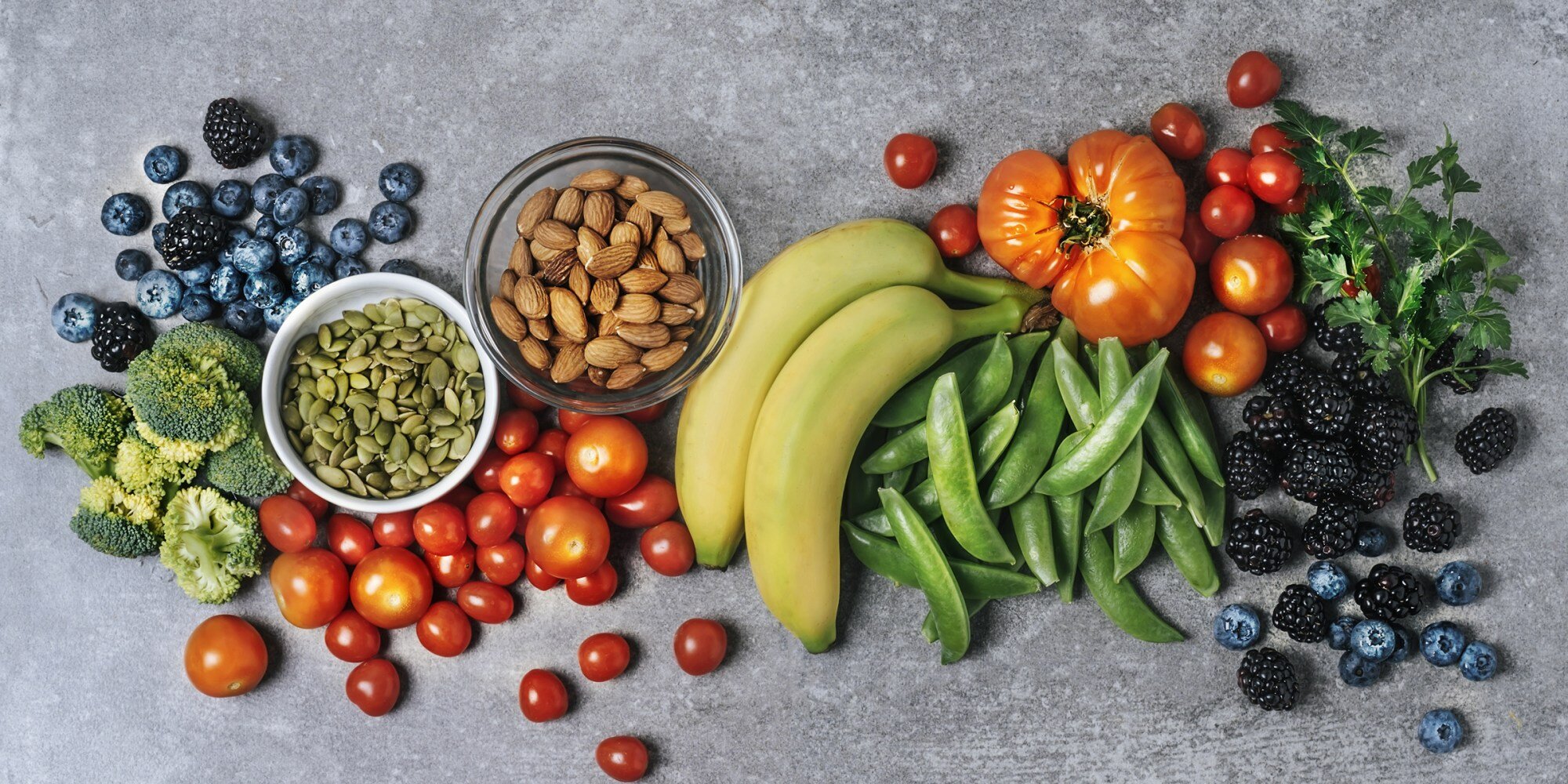
South Beach diet
History:
The South Beach Diet was created in 1995 by cardiologist Arthur Agatston, MD, and Marie Almon, RD (1). Initially, this diet was designed to lower the risk of cardiovascular disease by emphasizing balanced complex carbohydrates, lean proteins, and healthy fats. However, after successful weight loss results in his patients, this diet became known for its weight loss benefits. The South Beach diet became popular with the launch of a best-selling book "The South Beach Diet: The Delicious, Doctor-Designed, Foolproof Plan for Fast and Healthy Weight Loss." Essentially, this diet is a modified low-carb diet without a specific set point. This diet ranked 18 out of 35 in US News Best Diet Overall for 2020.
Purpose:
The purpose of the South Beach Diet is to change the overall dietary pattern of the individual to reflect a healthy, balanced diet consisting of complex carbs low in glycemic index, lean proteins, healthy fats, and high fiber foods (2). Knowing good carbohydrates and fats, from unhealthy carbohydrates and fats is the key to rapid weight loss in this diet. The South Beach diet is lower in carbohydrates and higher in protein and healthy fats than the typical American diet. The goal of the diet is weight loss along with promoting heart health.
General dietary practices:
The South Beach diet is a nutrient-dense, fiber-rich diet encouraging complex carbohydrates such as fruits, vegetables, whole grains, beans, and legumes while limiting simple sugars and refined white flour (1). This diet educates clients about different types of fat promoting the consumption of healthy fats such as monounsaturated fats from olive oil, avocado, some nuts, and omega-3 fatty acids from fish. Additionally, this diet emphasizes the benefits of fiber and whole grains as part of a healthy diet. Regular exercise is recommended as an important part of your lifestyle and also boosts metabolism and helps prevent weight-loss plateaus.
The South Beach diet has three phases, but can also be a home delivery program where the majority of the food is delivered to your door (1-2).
Phase 1 is two weeks long aiming to kickstart weight loss by focusing on eliminating carbohydrates from the diet, including simple sugars and grains. In this phase, participants are instructed to eat high protein foods such as lean meats, seafood, low-fat dairy, soy products, fruits, vegetables, nuts, and seeds with a limit daily net carb of 50 grams (2).
Phase 2 is the long-term weight loss phase, during which the participants will add whole grains such as brown rice, whole-wheat bread, and pasta back into the diet, as well as incorporating more fruits and vegetables until the desired weight is achieved. Daily net carbs will increase with a goal between 75 and 100 grams per day (2).
Phase 3 is the maintenance phase, during which participants will follow the healthy eating and lifestyle principles they have learned while eliminating food restrictions and learning how to enjoy everything in moderation (2).
Key concerns:
The South Beach diet is considered safe in the short-term, but long-term safety is unknown. Many modified versions of the diet exist on the internet, which may cause confusion so attention should be given to make sure the resource is reliable. This diet makes claims that are not supported by evidence. The first stage of the diet may result in the loss of some vitamins, minerals, and fiber and have side effects of dry mouth, tiredness, dizziness, insomnia, nausea, and constipation. This diet is not advised for children, pregnant, or nursing mothers
Further Resources:
Websites:
Books: The South Beach Diet: The Delicious, Doctor-Designed, Foolproof Plan for Fast and Healthy Weight Loss; South Beach Diet Good Fats/Good Carbs Guide; The South Beach Diet Cookbook; all books By Arthur Agatston
**The information presented provides an overview of the diet along with credible resources to refer to in order to learn more. This is not intended to make any dietary recommendations, rather an education tool for our clients.**
Reference:
Kuchkuntla, A. R., Limketkai, B., Nanda, S., Hurt, R. T., & Mundi, M. S. (2018). Fad Diets: Hype or Hope? Current Nutrition Reports. doi:10.1007/s13668-018-0242-1.
Is the South Beach Diet for you?. Mayo Clinic. https://www.mayoclinic.org/healthy-lifestyle/weight-loss/in-depth/south-beach-diet/art-20048491#:~:text=Definition,Fast%20and%20Healthy%20Weight%20Loss.%22. Published 2020. Accessed July 26, 2020.
